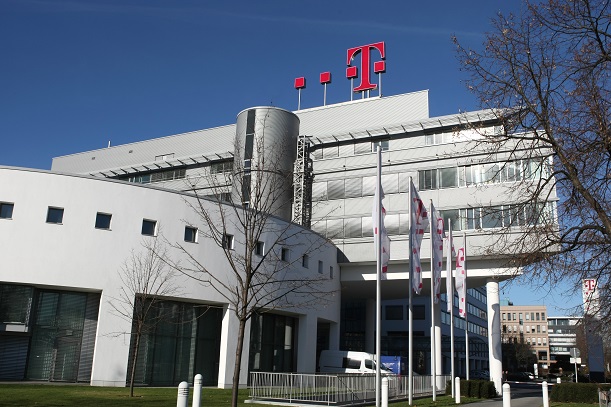Operators should unite to offer quality of service (QoS) between networks, to enable certain customers and services to get preferential connectivity, a Deutsche Telekom executive has said.
Speaking at Mobile Europe/European Communications IoT Conference 2016 in London last week, Falk von Bornstaedt, Head of Group Peering and IP Trading, said the Germany-based operator is ready to move on QoS between carriers already, but has so far failed to gain support from its peers, which remain cautious around new net neutrality laws in Europe.
Von Bornstaedt said inter-carrier QoS represented a means for the operator community to distinguish their services, especially with new Internet of Things use cases.
“We have implemented QoS between carriers. It means we could, if our peers would listen to us, interconnect and exchange ‘golden’ packets [with them] that would travel through several networks on QoS,” he said. “It could be very important for real-time applications.”
He added: “The fact it hasn’t happened yet is because everyone is so afraid of net neutrality regulations. Regulators have effectively frozen these activities.”
BEREC, the Body of European Regulators for Electronic Communications, released its final guidance on European net neutrality regulation at the end of August.
Von Bornstaedt said: “We are prepared for real-time applications across not just a single network, but across different networks, and we are looking for partners to work with on that.”
Separately, he told the conference that operators are concerned about managing traffic peaks as increasing numbers of IoT devices connect to their networks. As an example, he said Deutsche Telekom’s network received 1.2TB of data traffic during the last iPhone iOS upgrade.
“On the network side, we are very concerned about traffic peaks. We are working closely with Apple and Microsoft to manage that,” he said.
“What makes us afraid is if connected cars say, collects information through the day, and then connect to the network [en masse] during peak traffic hours at 5PM when they return home, and upload terabytes of data.
“We would like the IoT community to think harder about how to use the networks more efficiently, and we can give cheaper pricing if this connected car can transfer data at 2am, say.”
Von Bornstaedt said Deutsche Telekom, which now has “several hundred” people engaged in IoT, has sought to drive IoT innovation through partnerships, and also through simplifying its global operating businesses, so they increasingly run off the same IT systems.
It has also looked to appoint senior managers from its operating companies to its global headquarters in Germany to ensure its international footprint is more closely aligned in IoT projects. “It is no longer the case that Deutsche Telekom tells the [international] network what to do. We really work as one network,” he said.


